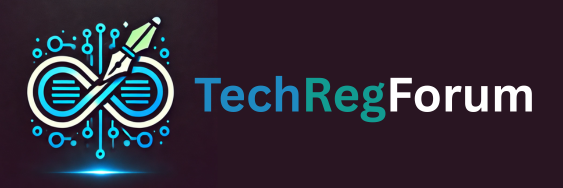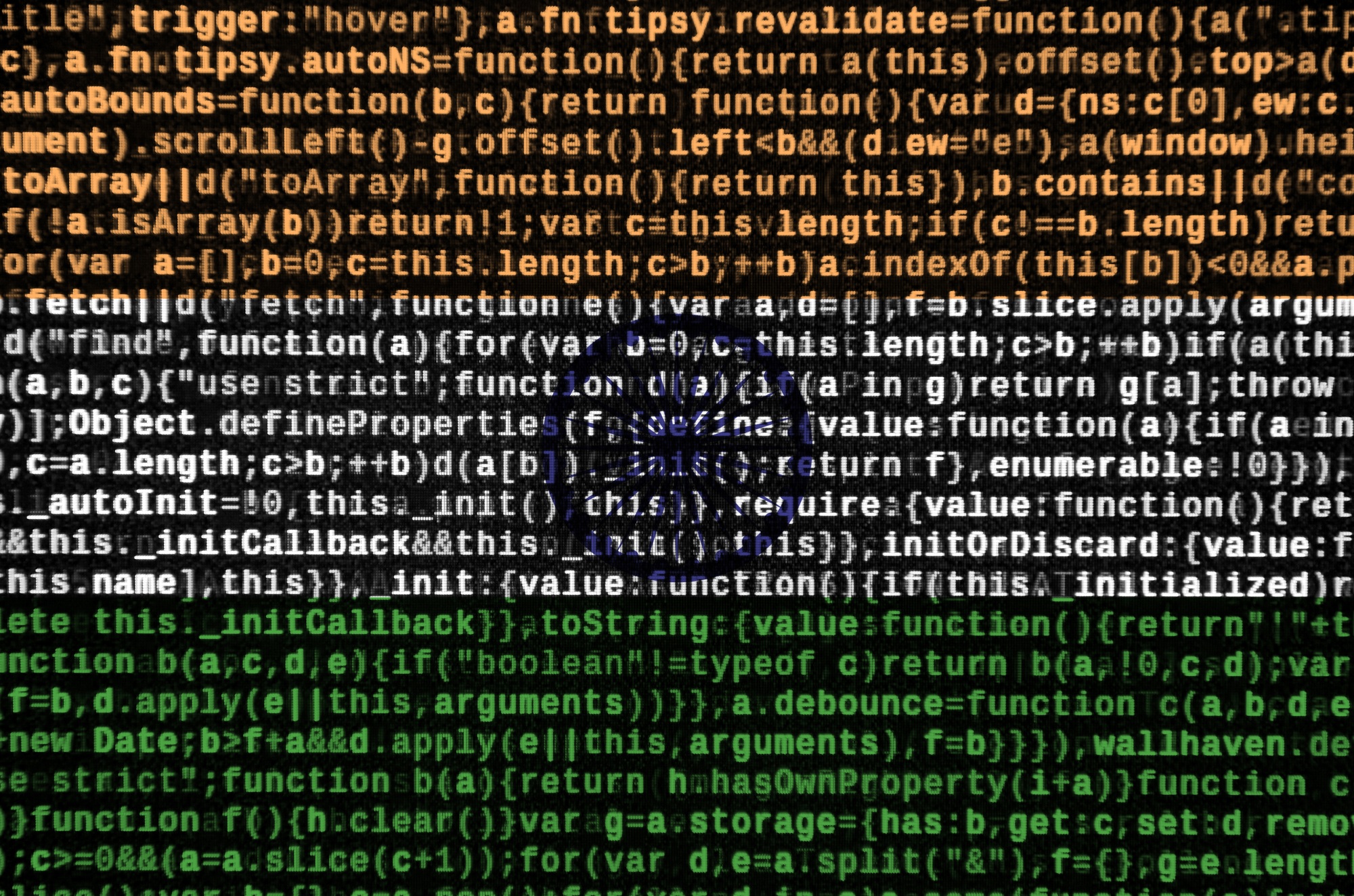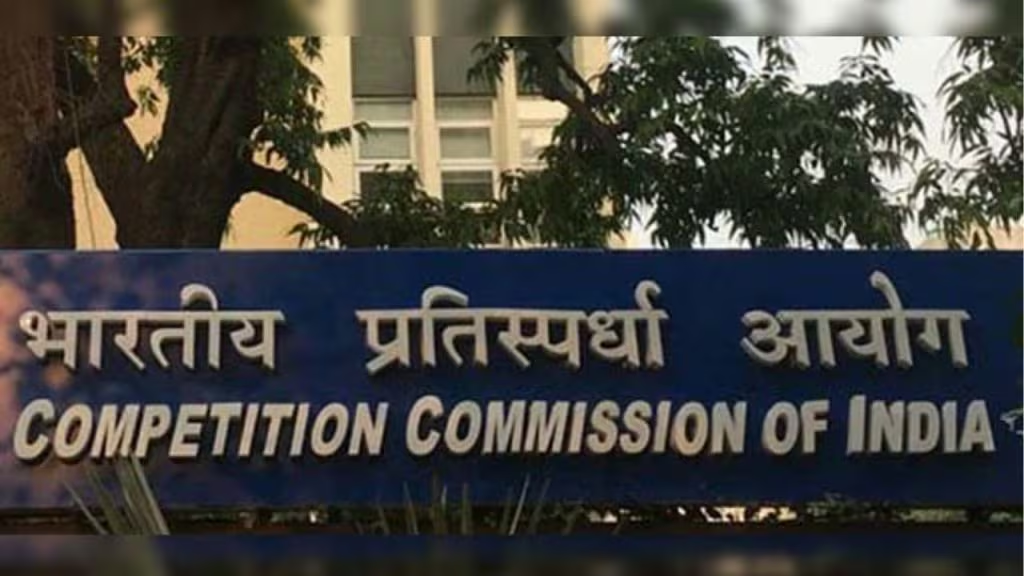In 2021, India introduced new Information Technology (Intermediary Guidelines and Digital Media Ethics Code) Rules. These rules aim to regulate digital content, social media platforms, and digital news media.
The rules require significant social media intermediaries to appoint a Chief Compliance Officer, a Nodal Contact Person, and a Resident Grievance Officer. They also mandate the establishment of a grievance redressal mechanism and the removal of certain categories of content. The 2021 rules were amended in 2023 and various new aspects were introduced, such as the “Fact-Checking Units”.
• Fact-checking units play a crucial role in assessing and verifying information circulating online. They aim to combat misinformation, disinformation, and fake news.
• Fact-checkers typically verify claims, statements, and news articles, providing accurate information to the public and helping users make informed decisions.
This provision is now criticised as it challenges on Freedom of Speech. It has been argued that the 2023 rules are unclear and there are concerns of potential censorship:
• Overreach and Censorship Concerns: Critics argue that the IT rules may grant excessive power to the government, potentially leading to censorship. The requirement to remove certain content swiftly might lead to overreach and suppression of diverse opinions, impacting freedom of speech.
• Lack of Clarity: The rules may lack clarity on defining what constitutes objectionable content, potentially leading to subjective interpretations and arbitrary enforcement.
• Impact on Privacy: The rules may raise concerns about user privacy, as intermediaries are required to disclose the originator of certain content. This could have implications for whistleblower protection and anonymous speech.
• Grievance Redressal Mechanism: While the rules mandate a grievance redressal mechanism, concerns exist about the independence and effectiveness of such mechanisms, especially if they are controlled or influenced by the government.
It has also been pointed out that, there is an imbalance of government power:
• Control Over Fact-Checking: If fact-checking units are directly or indirectly influenced by the government, there is a risk of biased fact-checking. This could lead to the suppression of information critical of the government or favoring certain political narratives.
• Selective Enforcement: Concerns arise about the selective enforcement of rules, potentially targeting dissenting voices or specific groups. This could contribute to an imbalance in the exercise of government power.
• Freedom of the Press: Restrictions on digital media may impact the freedom of the press, limiting its ability to report independently and hold those in power accountable.
Navigating these challenges requires careful consideration of the balance between regulating harmful content and preserving fundamental rights, including freedom of speech and privacy. It also underscores the importance of transparent, accountable, and impartial governance mechanisms to address concerns related to government power and potential overreach.



